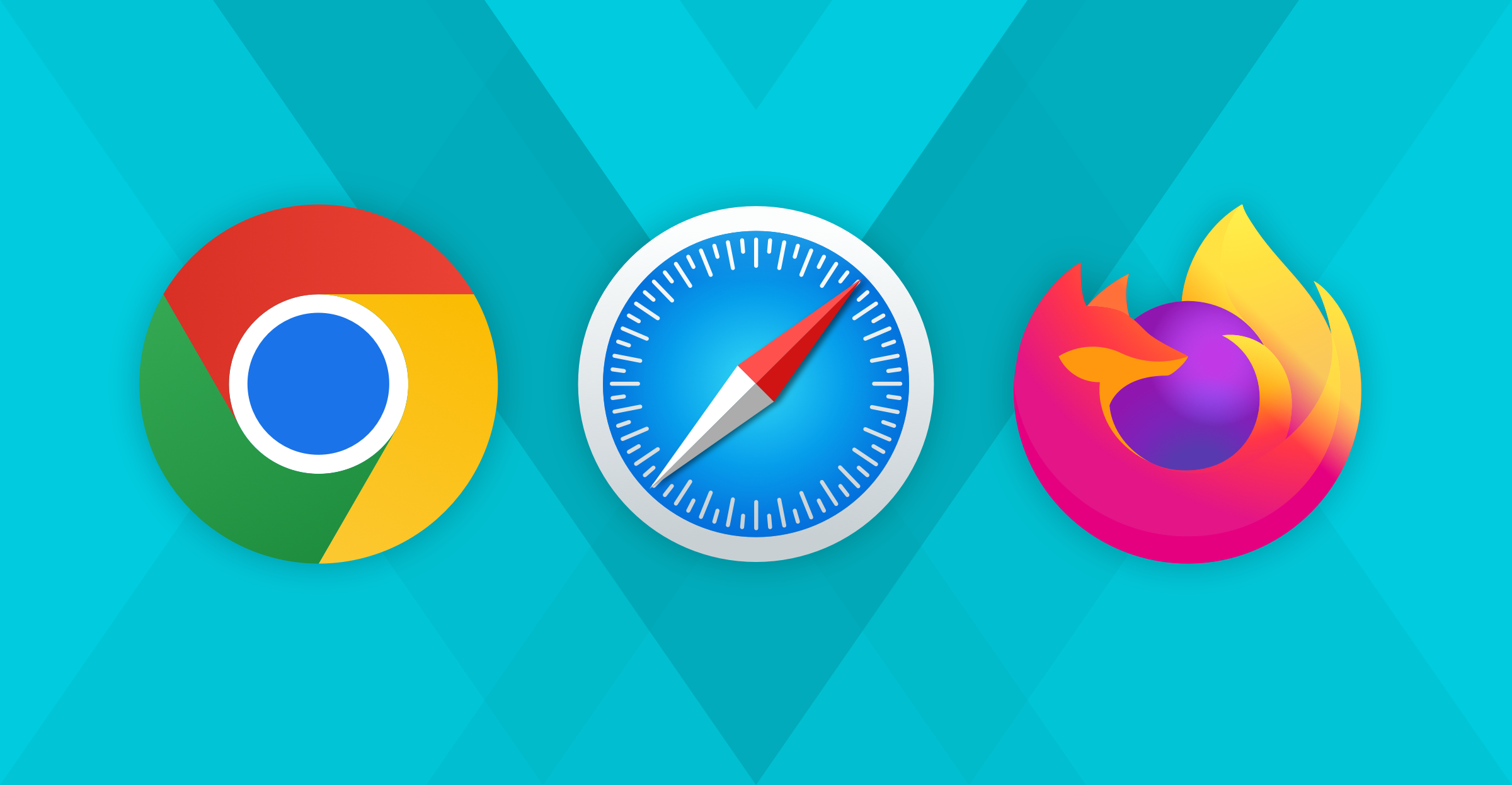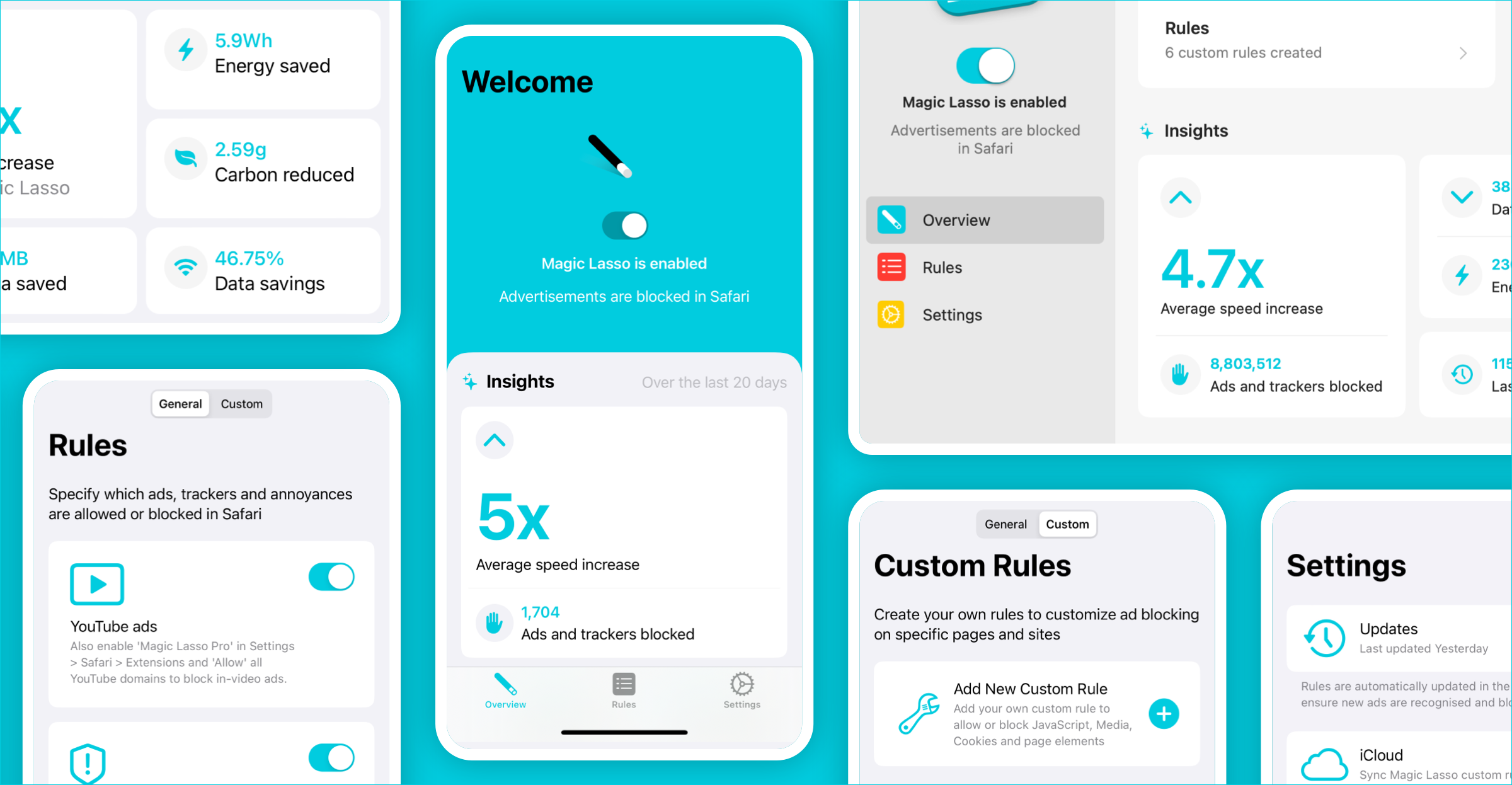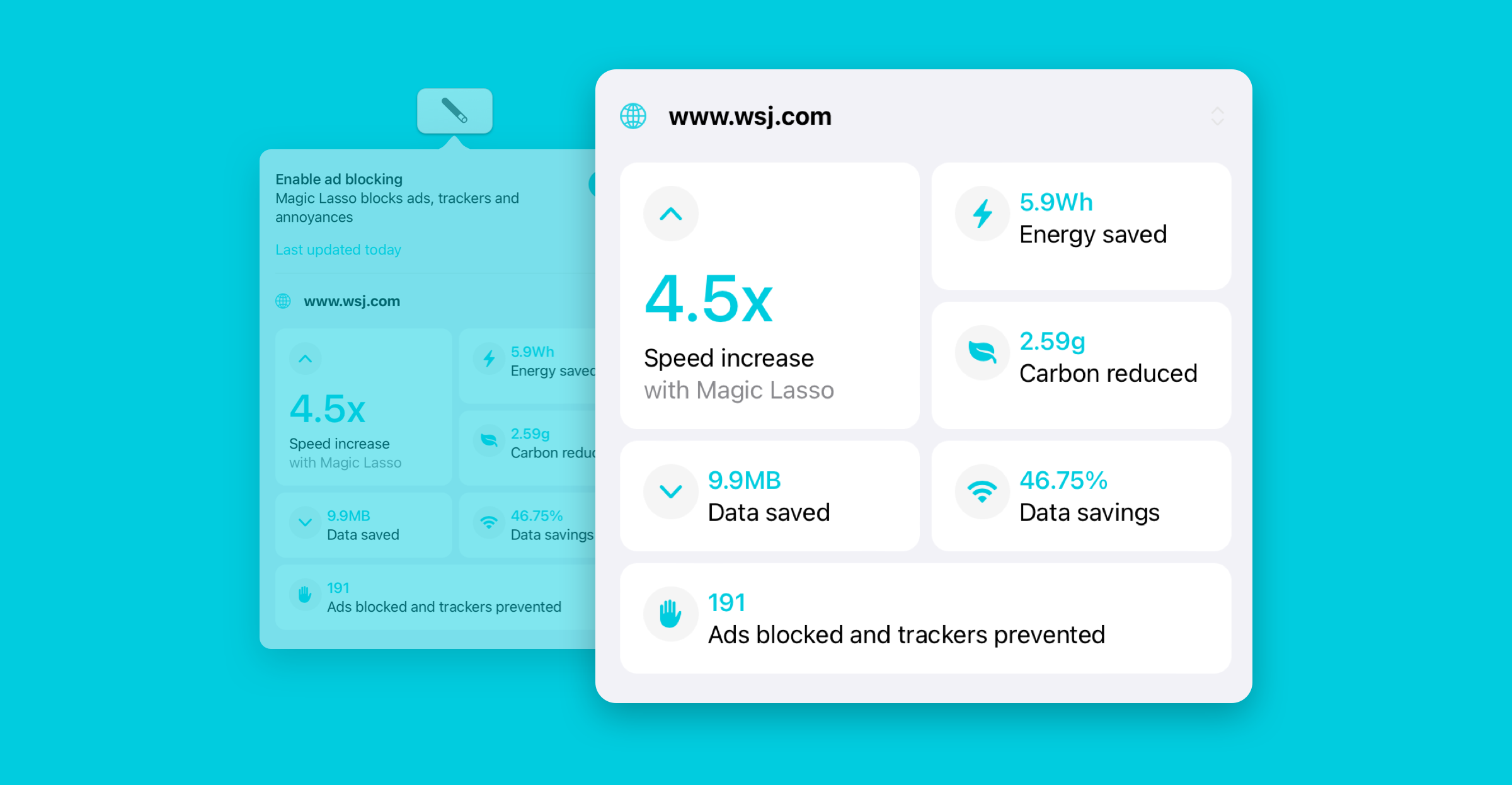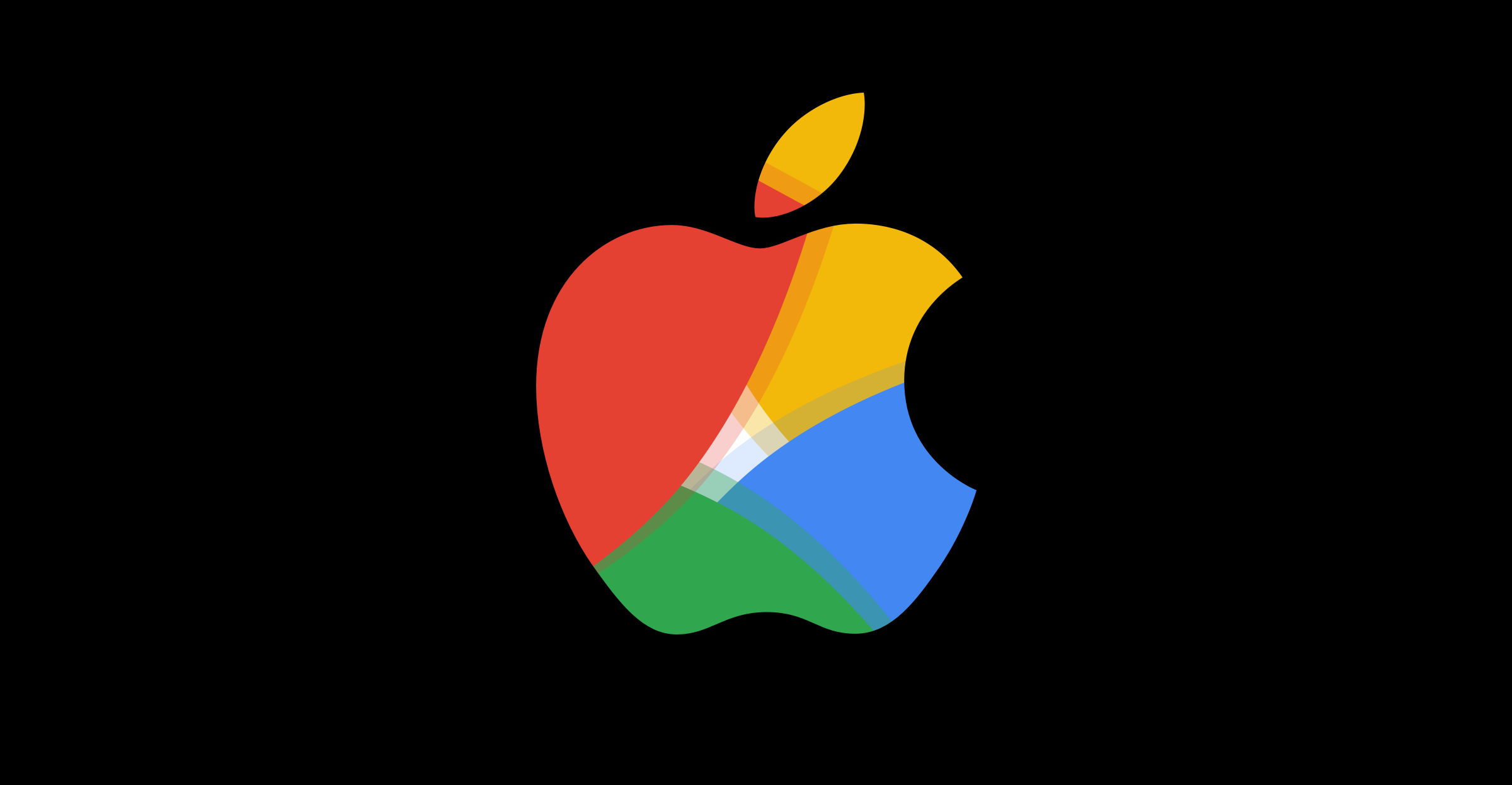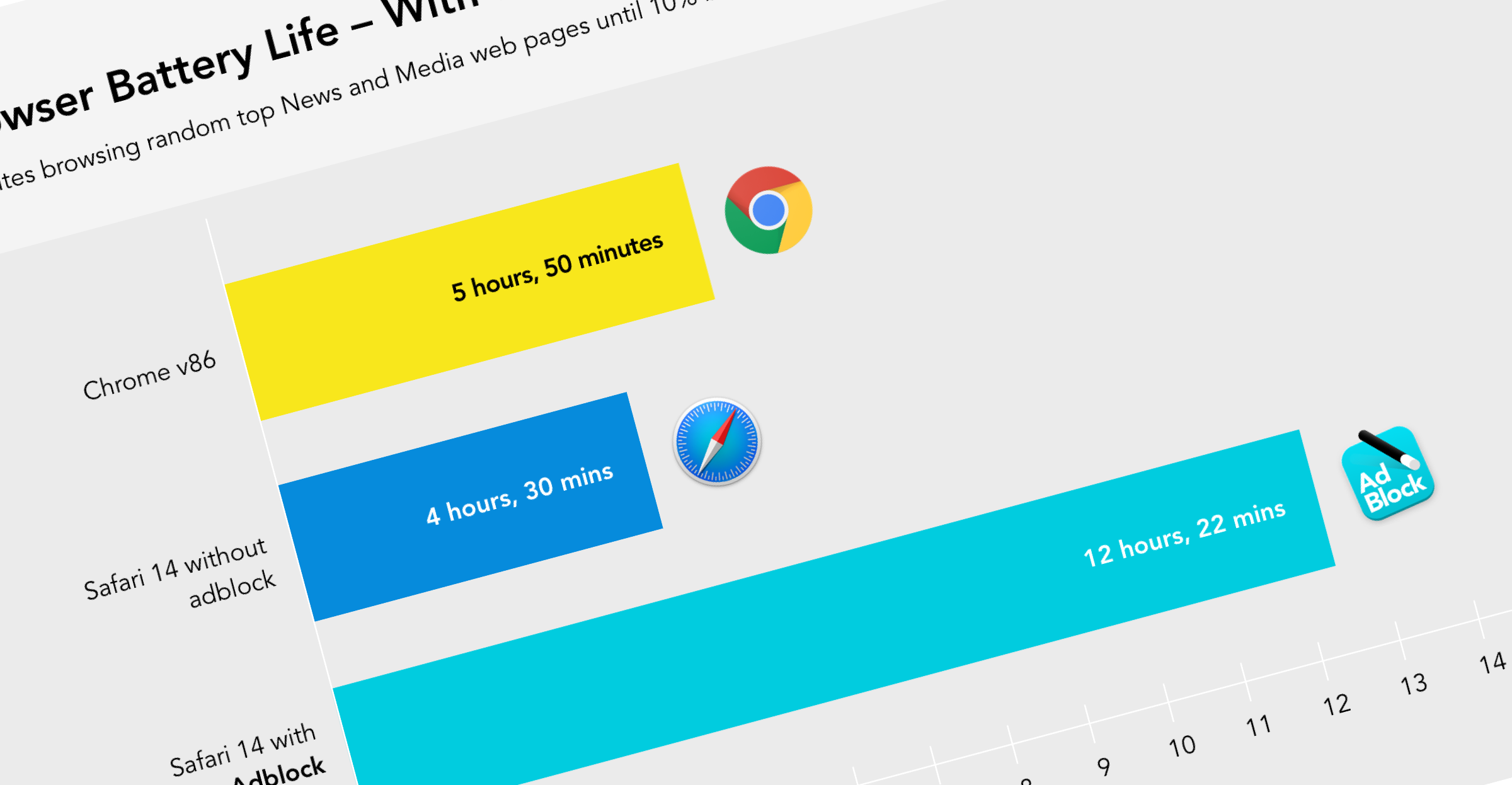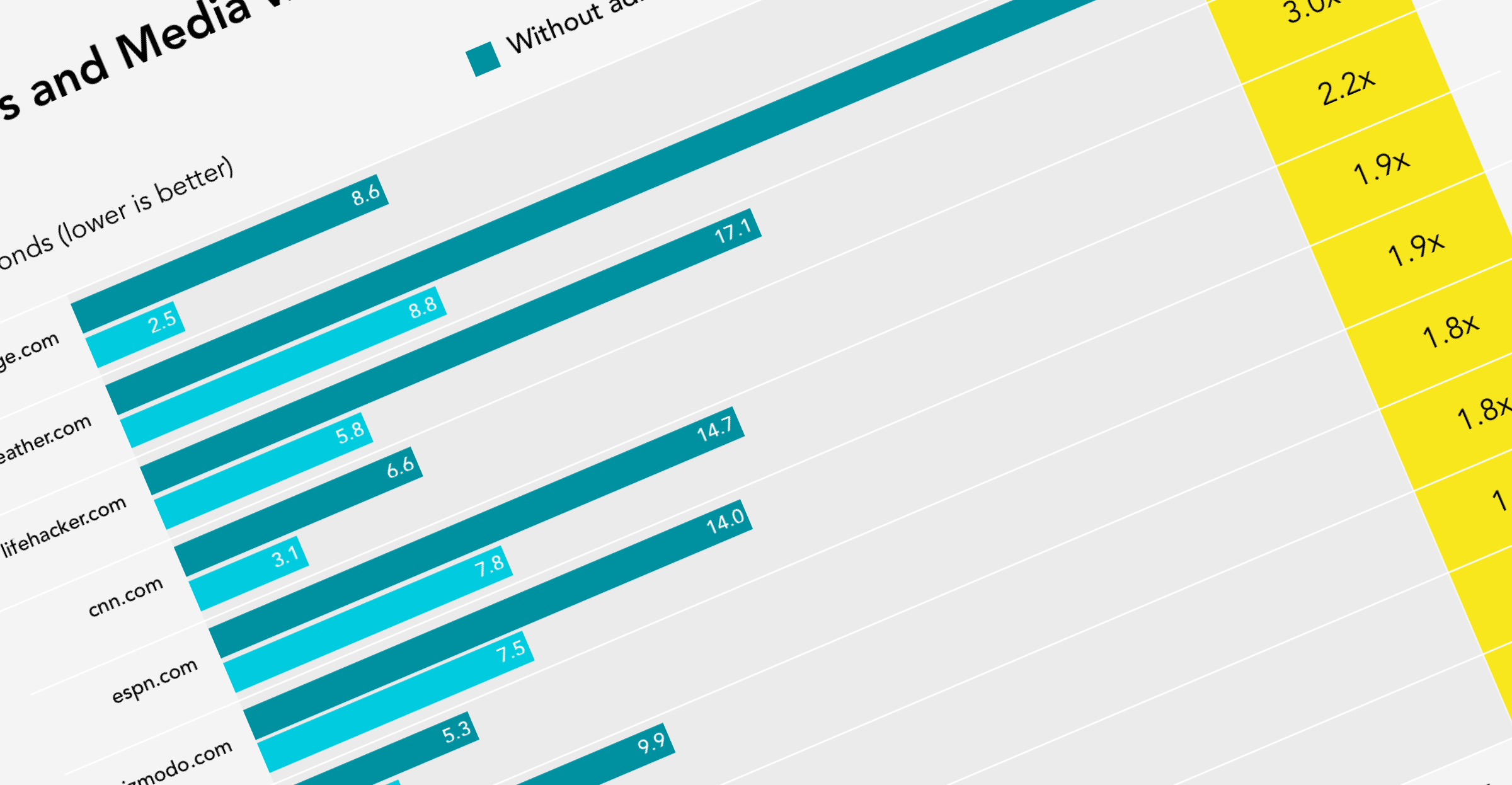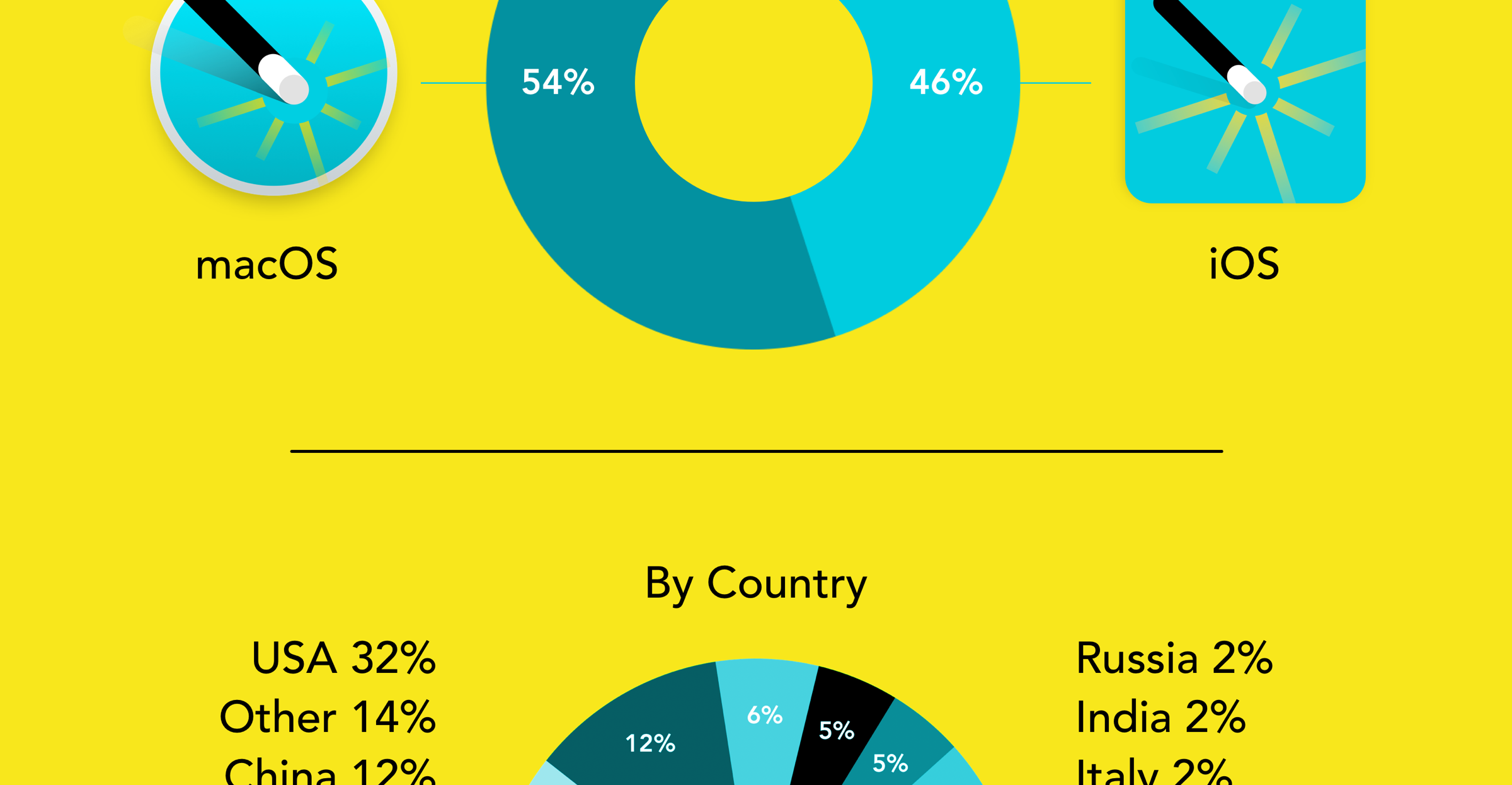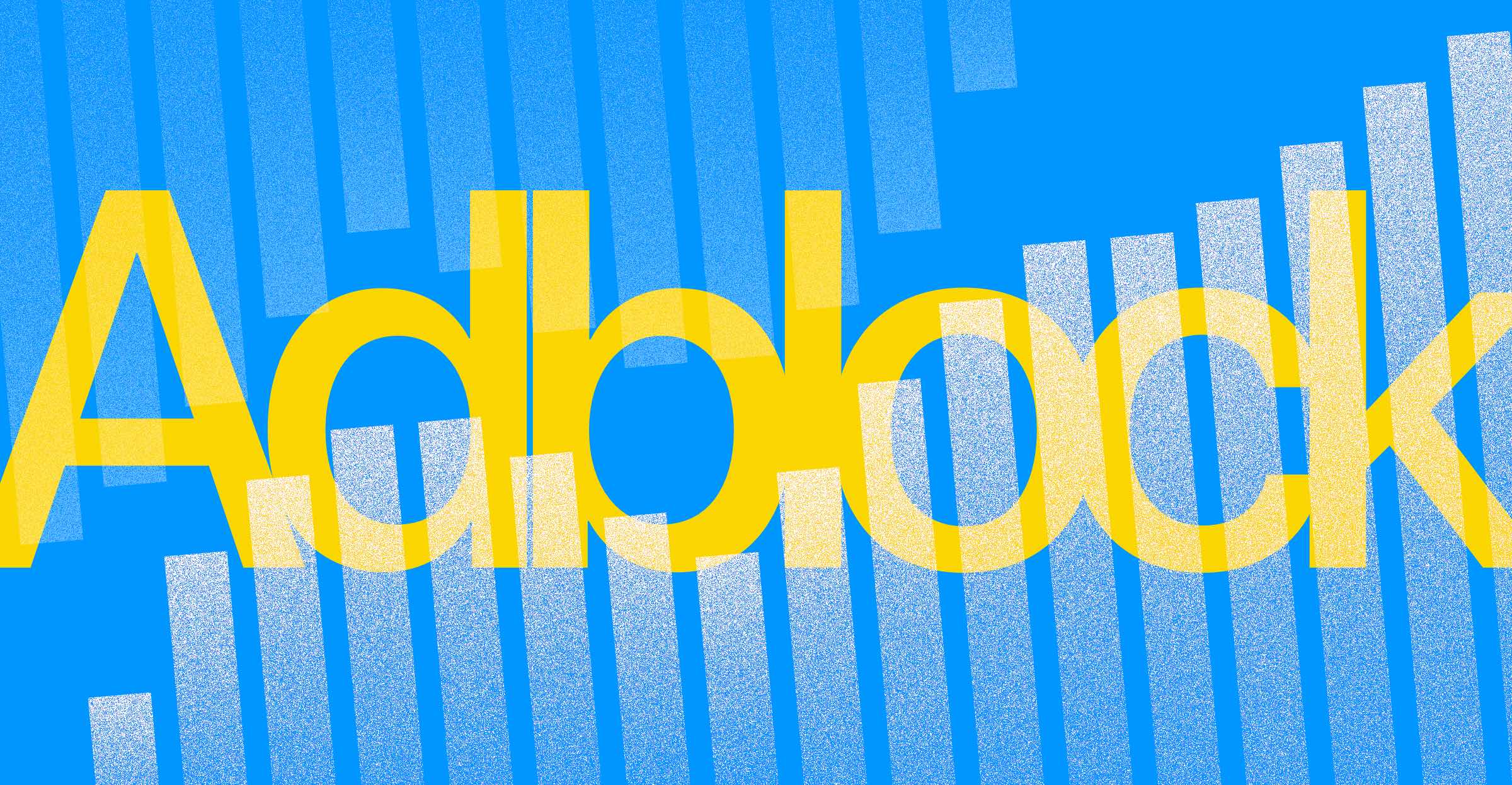With a global browser market share of over 65%, Google’s Chrome has become the target of criticism and disdain, much like Microsoft’s Internet Explorer once was. Is Chrome facing similar challenges to Internet Explorer (IE) and will this lead to its downfall?
Dominance
Over many years commentators have proposed that Chrome is the new IE; but why?
Erik Itland (Erik I, 2020):
the quote [“Chrome is the new Internet Explorer”] tends to be misunderstood to mean that Chrome is like Internet Explorer was in 2009: most people were using it even though it was technically inferior … What we saw in 2009 [with Internet Explorer] was only the latest stage of something that had been going on for a while
Reddit (2018):
I can’t stand when many of Google’s services have the view it with Google Chrome, install Google Chrome to use this service, and Google Chrome works best with our search engine. I feel like I’m going back to the ages of when Windows 98 would keep giving me text that would say “Use Internet Explorer to experience the most rewarding way to use the web.”
Tom Warren (The Verge, 2018):
Chrome, is being used in the same way that Internet Explorer 6 was back in the day — with web developers primarily optimizing for Chrome and tweaking for rivals later … the results have been particularly evident throughout 2017. Google has been at the center of a lot of “works best with Chrome” messages we’re starting to see appear on the web.
John Gruber (Daring Fireball, 2017):
There is so much Chrome-only stuff right now… If you think Google isn’t building a proprietary Chrome platform, your head is in the sand.
So Chrome becomes dominant – much like IE was back in its day – and web developers start focusing on building for Chrome and not open web standards.
They are validated by Google encouraging Chrome usage on their popular web properties, pushing their dominance further.
Vocal pushback begins from the broader tech community, leading to Google to pull back. Web developers however still grumble about other non-Chrome web browsers. All the while, they encourage an unhealthy monoculture.
Complacency
A key issue with a dominant product is that it can become complacent. As the internet evolved past the 1990s, the limitations of IE became increasingly apparent, leading to slow performance, lack of support for modern web standards, and security vulnerabilities.
Launched in 2008, Chrome promised to be fast, simple, and secure, utilizing the latest web technologies and designed from the ground up with speed and efficiency in mind.
Is that still the case? Is there evidence of Chrome following IE down the slow, bloated, security ignorant path?
Zak Hoffman (Forbes, 2021):
… when Apple said that it would force app developers to disclose the scale of data collected and linked to its users, all eyes turned to Google … The fact is that Chrome collects more data than any of the other browsers, yet is the only one that doesn’t appear to collect any data that isn’t linked to user identities.
Tim Hardwick (MacRumors, 2023):
Google’s Chrome browser has long been criticized for being a system resource hog, which is why Chromium developers have been busy working on ways to free up memory and keep things running smoothly when users have multiple windows and tabs open.
Magic Lasso (2023):
In the latest Interop 2022 dashboard, Safari has emerged as the top performer among web browsers, with a leading 96% compliance score in the experimental category. On the same test, Chrome Dev scores 92%
[On] the Speedometer 2.0 benchmark … Safari scored 122, outpacing its competitors Firefox and Chrome, which scored 88 and 111 respectively.
Despite being the market share leader, there is significant evidence that Chrome is trailing in speed, efficiency and standards interoperability.
Google has also used Chrome to put roadblocks in front of industry-wide privacy initiatives. Extensive delays in the removal of cross-site cookie tracking and attempts to undermine ad blockers being two primary examples.
Disruption
Will Chrome be disrupted as the leading web browser? Perhaps, but there needs to be viable alternative candidates.
Both Firefox and Safari are unlikely disruptors.
Since as least 2013, Firefox’s market share has declined. Aside from a major platform shift, such as the one that occurred with the introduction of mobile browsers, its market share is unlikely to improve.
On the other hand, Safari has seen slow but steady success. Market share has grown, it has a dedicated and passionate user base and the backing of a powerful well funded owner in Apple. However, Safari can’t reach a dominant position without full cross-platform support. That means supporting both Windows and Android.
Often forgotten is that Apple did try. In 2007, Safari was made available on Windows. It didn’t get much traction or acclaim. Five years later in 2012, the browser was withdrawn. The unsuccessful foray will likely stop Apple from ever attempting again.
Perhaps the browser with the most disruptive potential is from Microsoft with Edge. Microsoft has the credentials. It owns the most used desktop operating system, is the enterprise leader and has an alternative (though maligned) search engine to act as an acquisition and distribution channel. With Edge, Microsoft has a chance to claim the position of the disruptive alternate browser.
Though, despite these advantages, Edge hasn’t set the world alight. Its marketshare is higher, though similar to Firefox. But it is available on all major platforms. It has also avoided alternative-browser compatibility issues by being based upon Chromium. It may also be able to successfully leverage Microsoft’s vast channels to reach new users.
Microsoft would love the schadenfreude of toppling Chrome. Doing to Google, what Google did to Internet Explorer. The positive response to Bing and Edge integrating ChatGPT may indicate glimmers of market share growth.
At the moment though, there is no single likely alternative to Chrome’s dominance. But perhaps that’s for the better.
Maybe a collection of browsers, all supporting open web standards, with substantial, though not dominant marketshare is the answer. If these alternatives continue to be supported and flourish, collectively it may be enough to reduce Chrome’s dominance.
And perhaps that’s exactly how the web should be.




